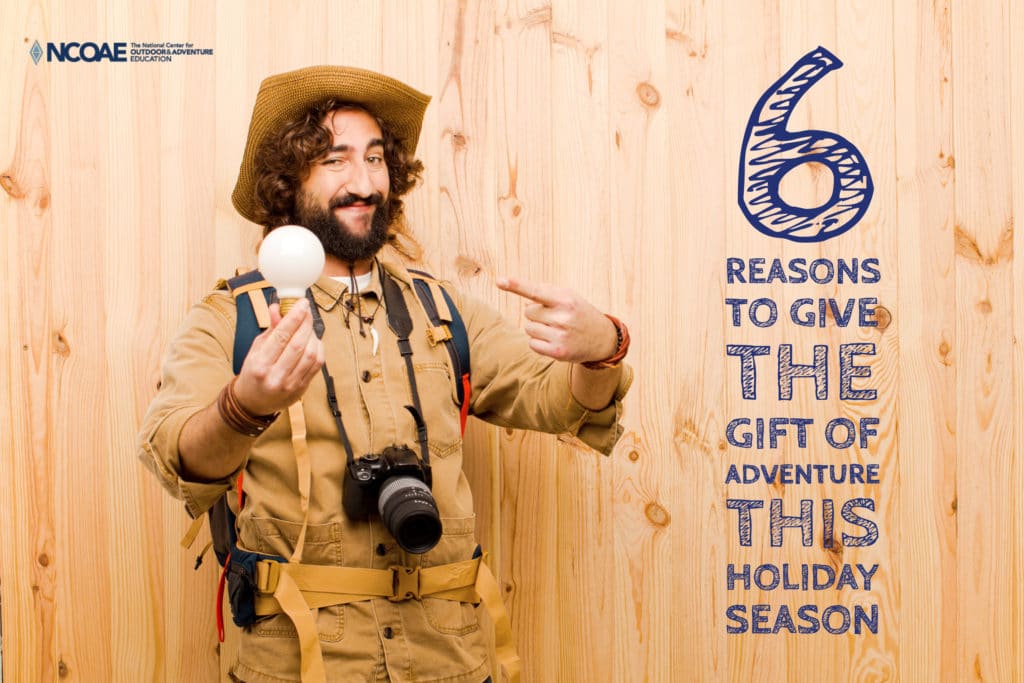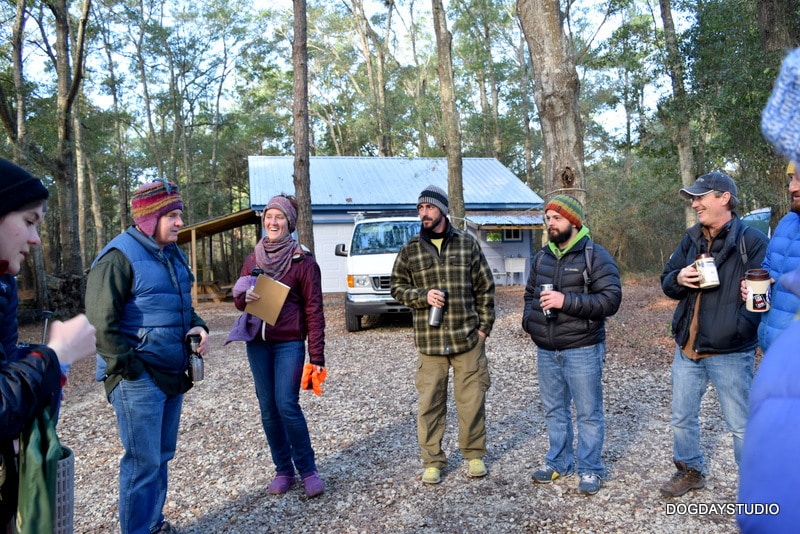Outdoor Industry Jobs Require Personal Experience and Certifications
Outdoor Educator TrainingProfessional development — learning that allows you to earn or maintain professional credentials — is key to career planning, especially when it comes to considering a career in the outdoor adventure and education industry. Much more than participating in a bunch of classes, our sector of the outdoor industry looks favorably on applicants with wilderness medicine training and certification, skills training and certification, and hands-on guiding and expedition leadership experience.
Truth is, we here at NCOAE found that operating an adventure education company during a health pandemic was challenging. And staffing our AEE-accredited organization with highly experienced instructors became increasingly difficult but not impossible.
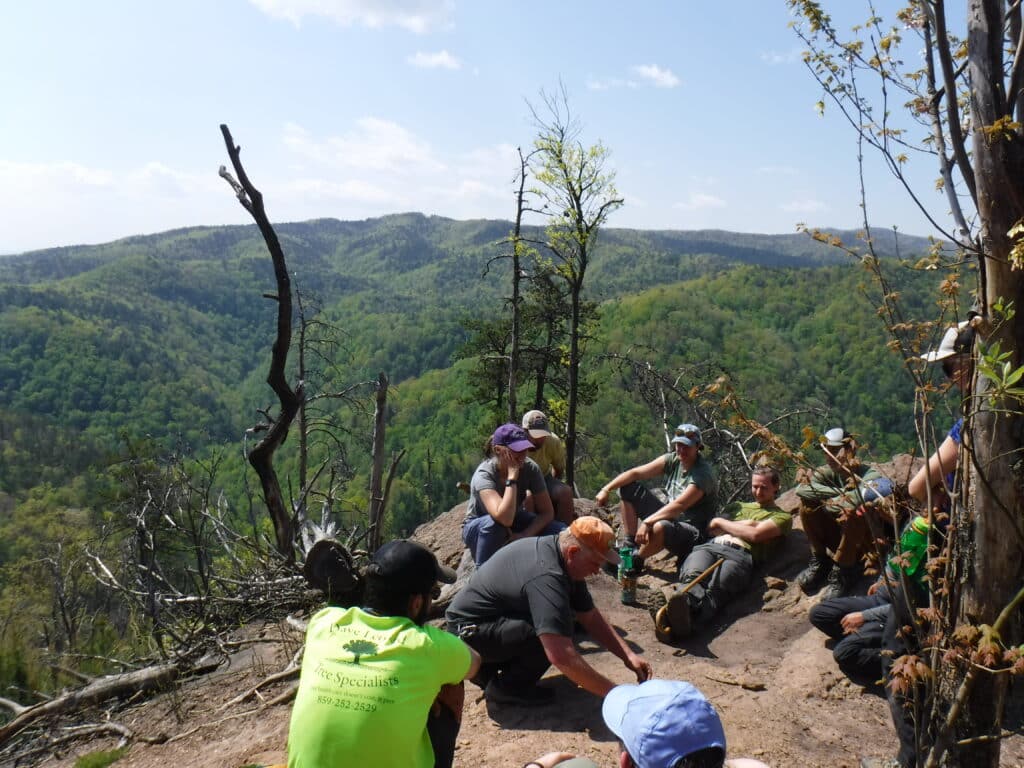
Like other industries, we suffered a staffing shortage, and yes, some of our existing staff left to pursue other pathways. But what we’ve noticed lately is a lack of experience from some people who thought working in the outdoors would — quite literally — be a walk in the park.
Many of these would-be outdoor educators and guides decided that sitting on a couch while looking at photos and films of wilderness expeditions was a suitable alternative for actually going out and experiencing the outdoors.
This potential pool of applicants backed out and went the way of the “Instagram Adventurer” or the “Armchair Explorer.” And in talking with our colleagues across our sector of the outdoor industry, we’re not alone in seeing this trend. Nearly all outdoor adventure and education organizations are taking pause and evaluating the future of trainings, staff recruitment, and what it means to be qualified to head out into “wild places.”
Regardless of what other organizations choose to do about their staffing challenges, NCOAE will not budge on what is required of our field instructor and outdoor educator candidates. Hands-on experience coupled with recognized industry certifications still matter and always will.
If you’re interested in a seasonal or full-time job in outdoor education, here are my recommendations on how to proceed. (more…)
Look Up! And Meet Your Feathered Friends (Part 2 of 3)
Outdoor Educator TrainingOne of the best parts of an outdoor educator instructor course is when the group of participants comes together — either spontaneously throughout the day, or at the end of a solid day of training — and we all benefit from the unorganized sharing of one’s individual talents and skills.
These experiential-based skill-sharing sessions — which can range from eco-sensitive and safe ways of starting a fire, to hacks for successfully facilitating dialogue among youth participating in a 12-mile trek — bring a helpful spirit to the group. In addition, they enable everyone participating in the course to see the wilderness experience in a different light, with a new set of eyes and appreciation.
Here at The National Center for Outdoor & Adventure Education (NCOAE), we expect our staff to go into the backcountry with a rock-solid set of technical outdoor skills. But it’s also our objective to hire instructors who have developed skills and knowledge that sets them apart from others and deepens the backcountry experience for those they educate and guide.
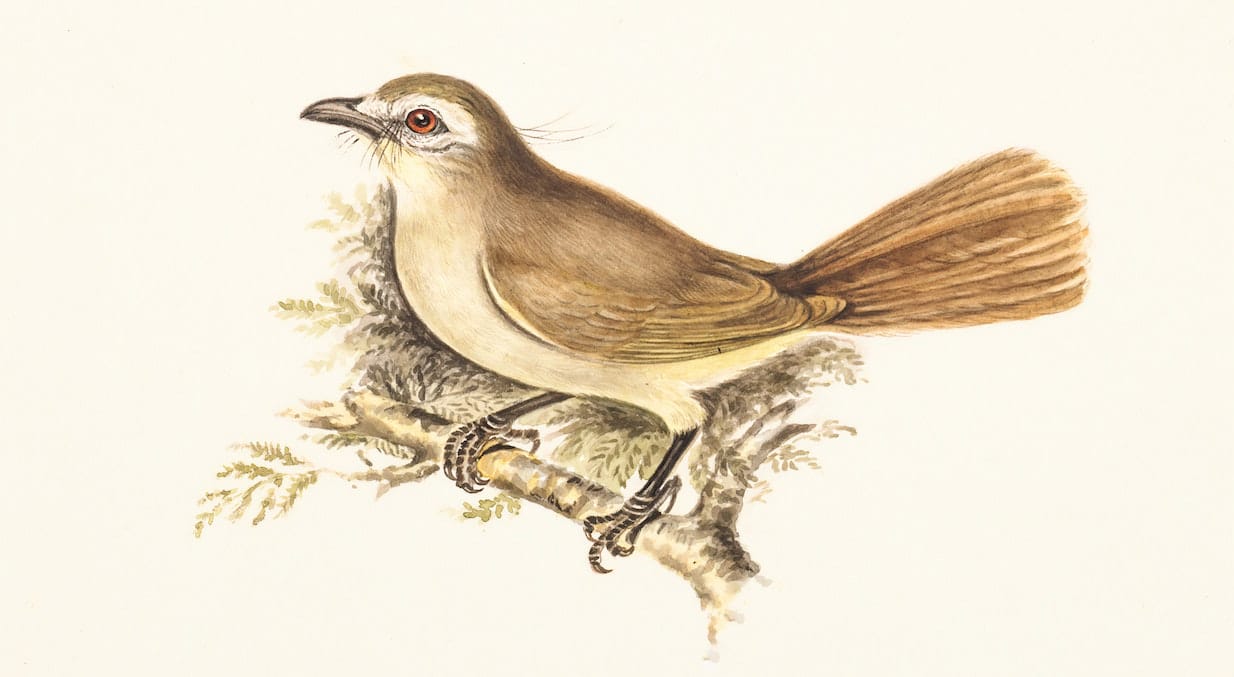
We talked about instructors who become fluent in the constellations and stars in the first post in this three-part series. Bird identification is another of those teachable skills and is the second of our series’ topics.
Just a walk through a forest as someone points up and tells you the name of the bird perched on a low-hanging branch can be a surprising and eye-opening experience. Learning the identities of the birds in your area can help you connect with the local environment, offering you a teaching skill that can bring a new community of people to enjoy the outdoors and participate in what is essentially a free hobby — birding (aka birdwatching).
Here’s pretty much all you need to get started:
(more…)Give the Gift of Adventure This Holiday Season
NCOAE RecommendsThis, indeed, is the time of year when most of us are spending way too much focus seeking the perfect gift for a loved one. In a mountain climbing analogy, the experience can be compared to ascending a 20,000-foot peak without oxygen. Good luck making a sound decision under those conditions.
But if we were gamblers, which we’re not — we’re very bullish on wilderness risk management — we would bet you’re someone who either loves human-powered outdoor adventures, is looking to go on such an adventure yourself, or knows someone ready for a wilderness or backcountry adventure. Not hedging our bets or anything, but if we’re wrong, why are you perusing this particular blog and this exact blog post?
Anyway, if you’re looking for gift suggestions, what we offer below are a half dozen reasons why you should consider giving the gift of adventure through The National Center for Outdoor & Adventure Education (NCOAE).
Reason No. 1: An NCOAE Course is actually a gift that gives over and over again. When you give the gift of an Outdoor Educator or a Semester Course or Gap Year Course, it will be appreciated more than once. First, your recipient opens an envelope containing the course details, which we’ll gladly custom design for you (the gift certificate, that is). Nice start! Then the gift recipient finds themselves looking forward to the experience almost every day until their departure. Then there’s the (more…)
The Three “E”s of Breaking into Outdoor Education
Outdoor Educator TrainingFor those interested in a career as an outdoor experiential educator, The National Center for Outdoor & Adventure Education wants to help you get onboard that particular ship.
But as the late comedian Jonathan Winters suggested when he famously quipped “If your ship doesn’t come in, swim out to it,” that vessel isn’t necessarily going to snuggle up to the dock and pick you up. It’s up to you to do the basic footwork — or perhaps backstroke is a better analogy — in order to achieve your career objectives.
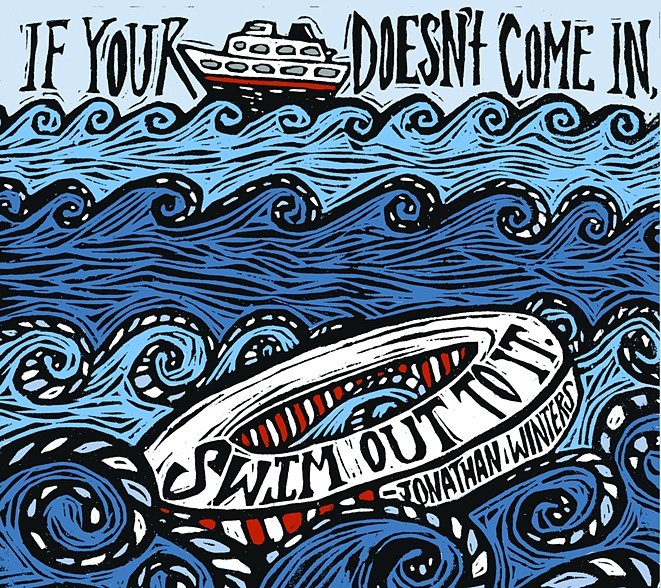
(Photo: ©2013 Jaclyn E. Atkinson | Used with permission)
Many people ask us if a formal education is necessary for a career in outdoor and adventure education and we answer that question by posing another: Does a piece of paper make for a master educator? Then we answer our own question by saying, “It depends.”
In the end, it’s you who must decide what role you want to play in the outdoor industry. If your objective is to spend a few years going “wild” as a fledgling field instructor, then just head out and apply for a job. Or let’s say you want to become a leader in a specific area of the outdoor experiential education field. In this case, gobble up some on-the-job experience and a fistful of certificates and get to work.
However, if what you seek is a career as a lifelong experiential educator — with a comfortable salary and maybe some good health insurance — some formal education might be required. The secret is to find ways to get a good education without being (more…)
NCOAE Instructs the Instructors Through Instructor Candidate Training Program
Working at NCOAEWithout going completely overboard, we here at The National Center for Outdoor Education & Adventure Education (NCOAE) liken our popular Instructor Candidate (IC) training to a Hollywood red carpet event — without the egos or trophies.
That’s because this training attracts the best wilderness educators in the world to our North Carolina headquarters for five days of curriculum design and delivery training. It’s a time when NCOAE’s instructors get to work directly with some of the most highly qualified outdoor educators in the industry.
This “invitation only” event draws participants who have worked for other companies and schools on both the domestic and international levels. By the time they arrive on our campus for IC training, they are often looking for something different — something more meaningful.
As NCOAE instructors, we think of this educational training and refresher as a time of (more…)
TALK TO US
Have any further questions about our courses, what you’ll learn, or what else to expect? Contact us, we’re here to help!
